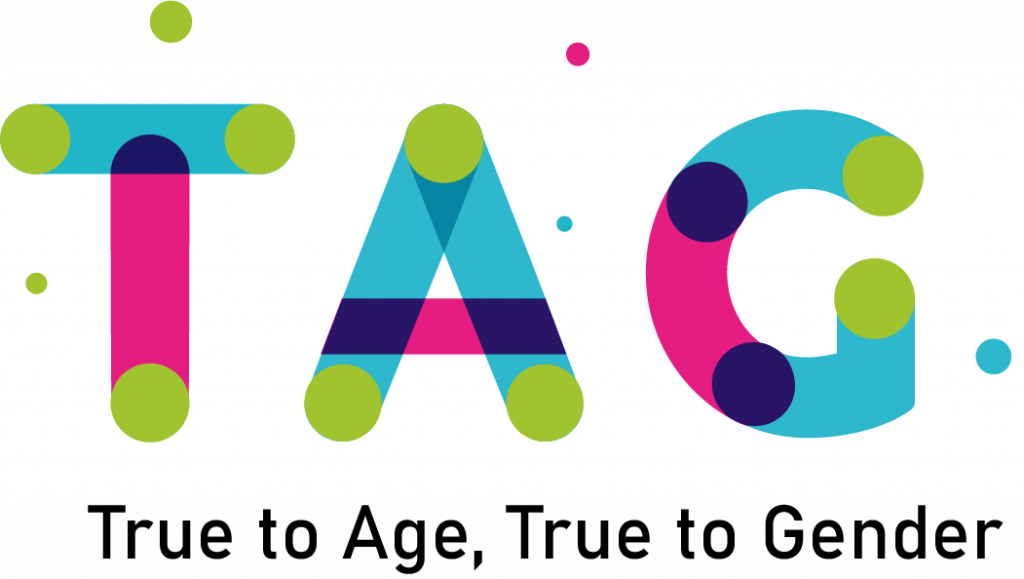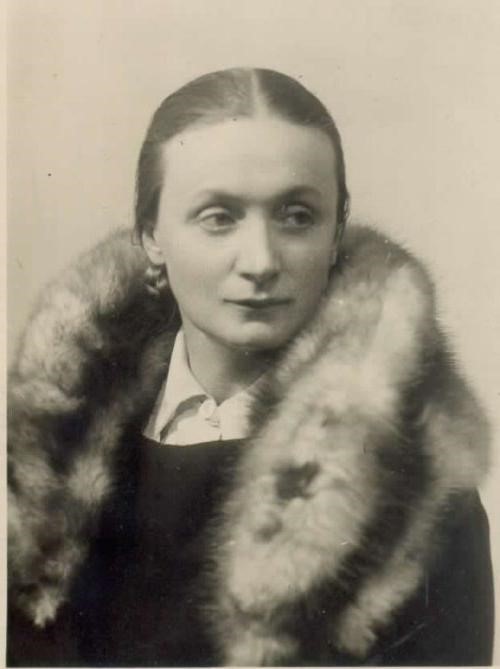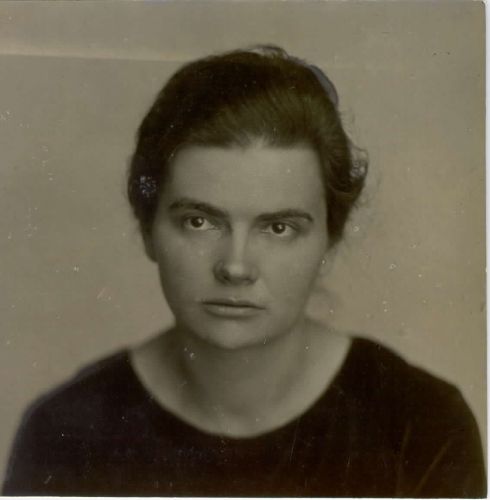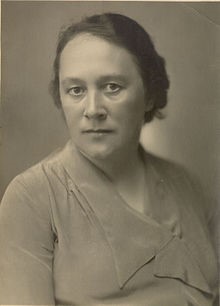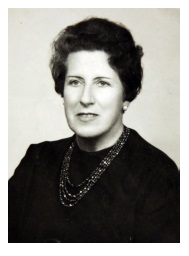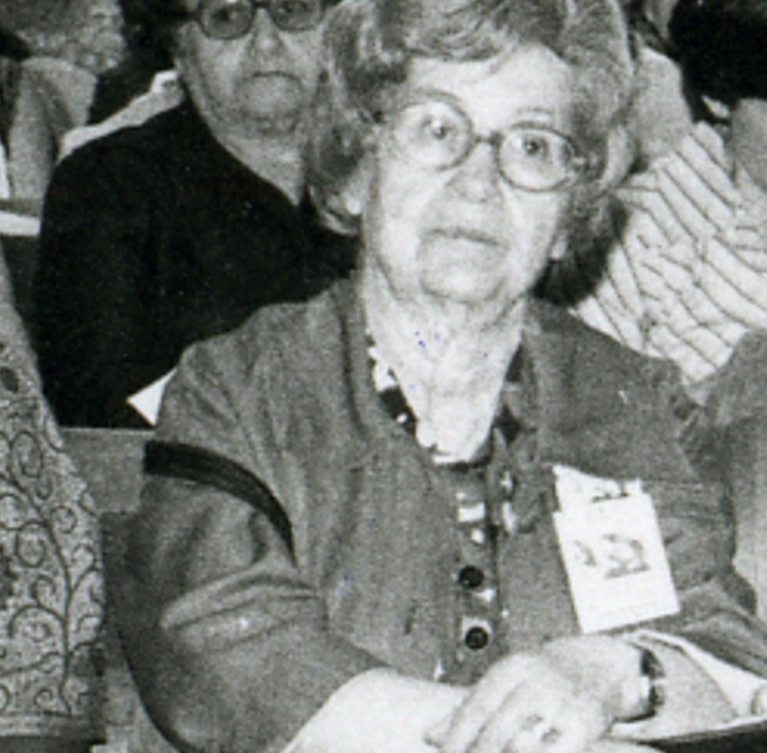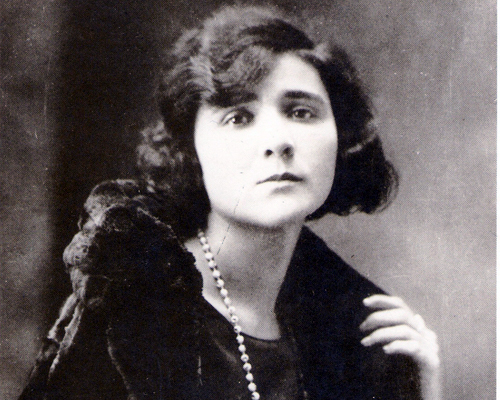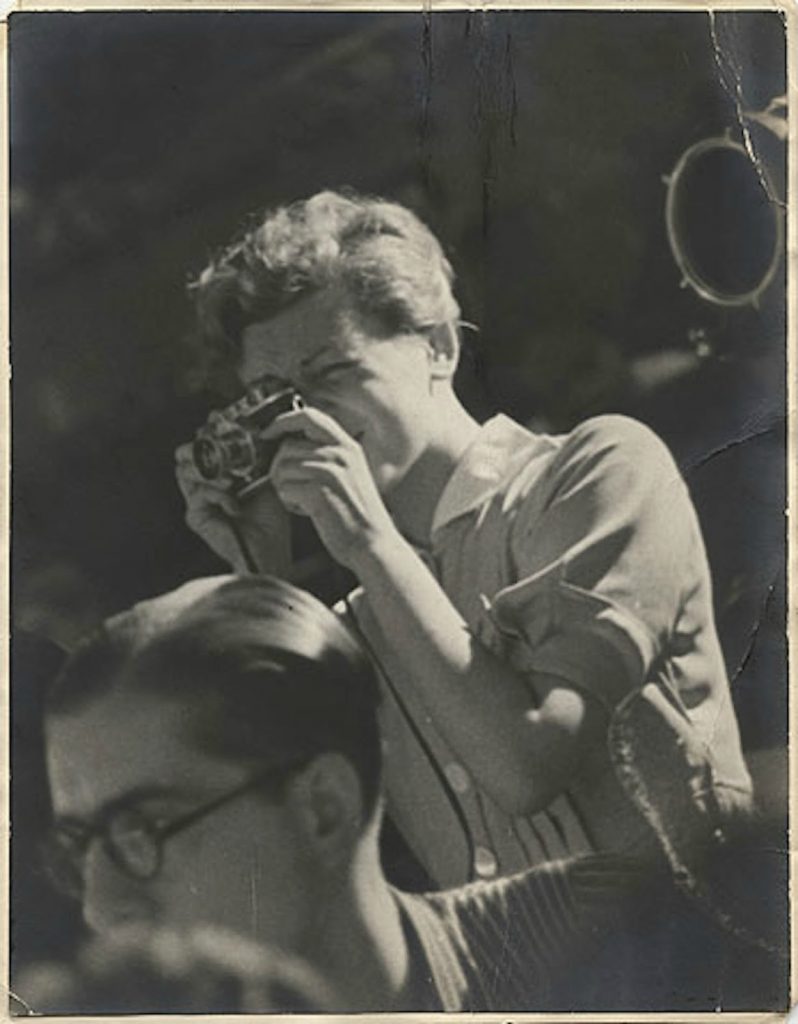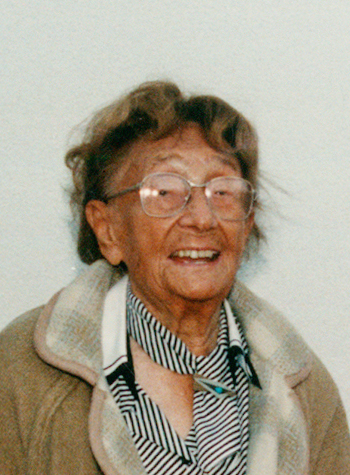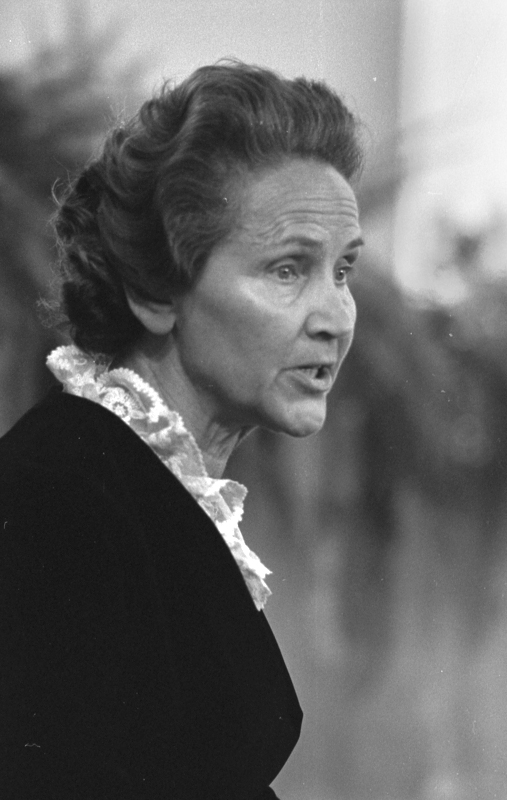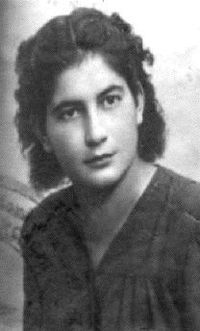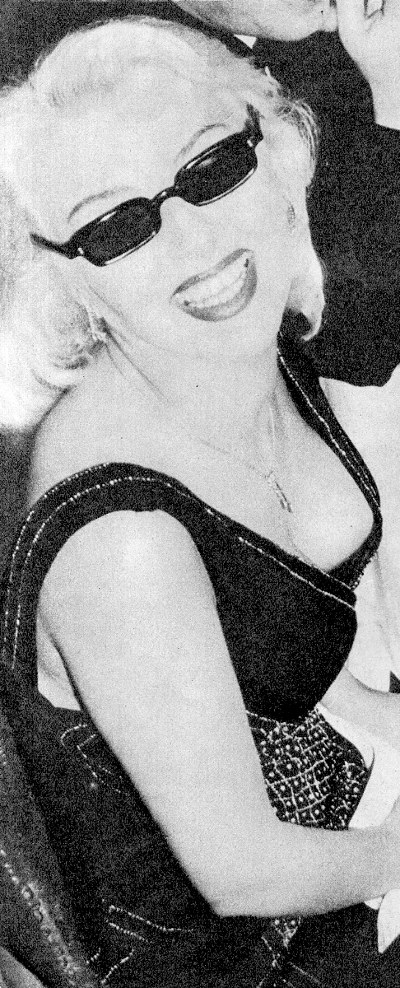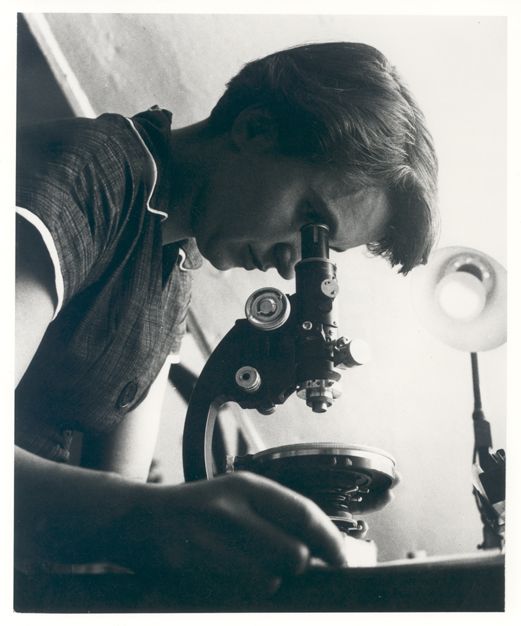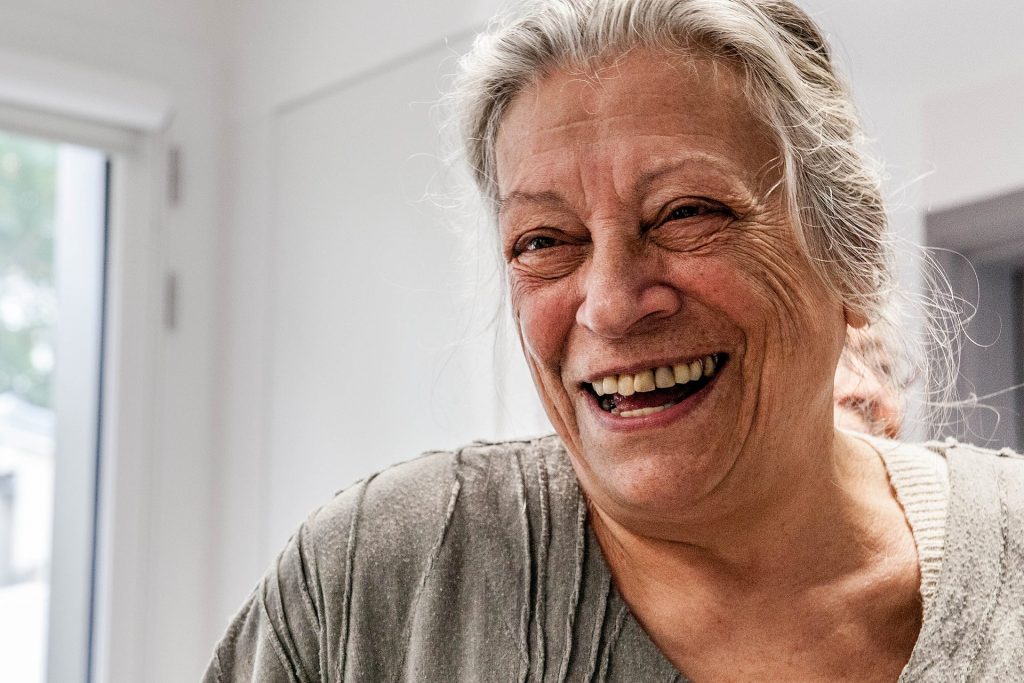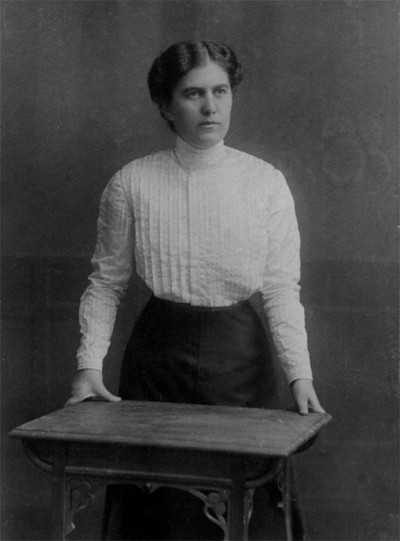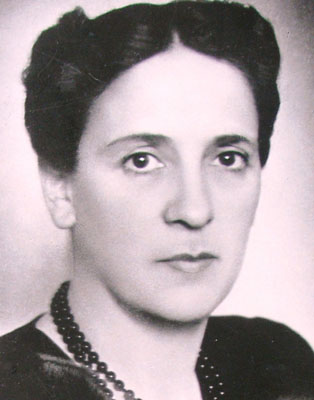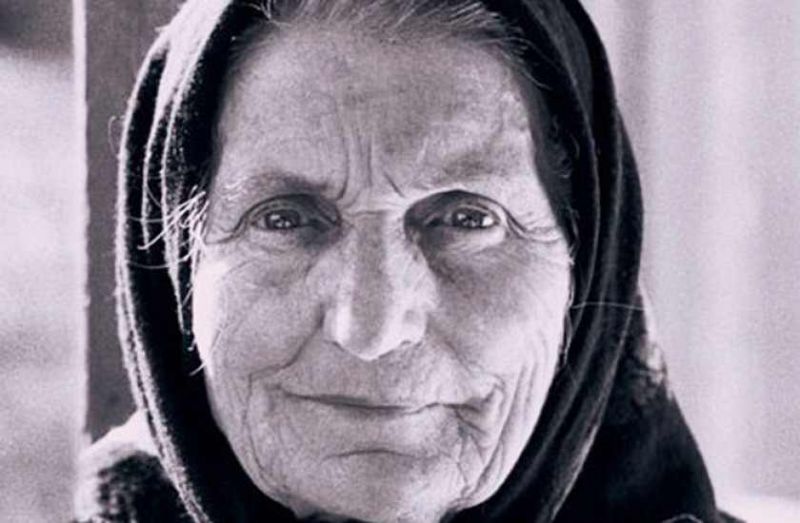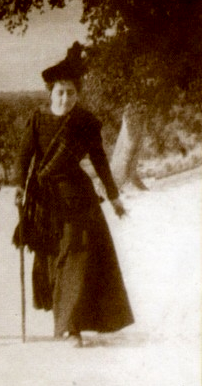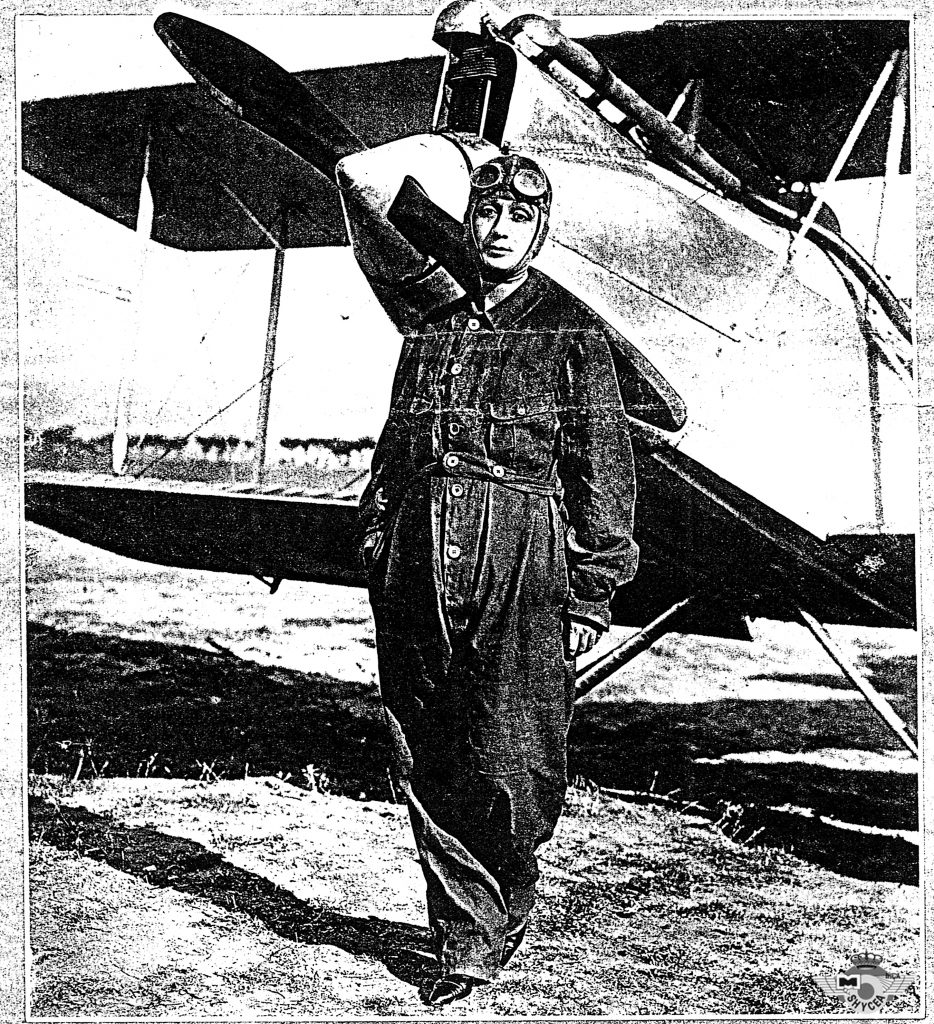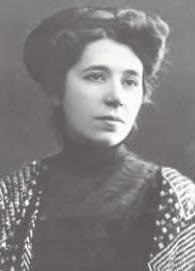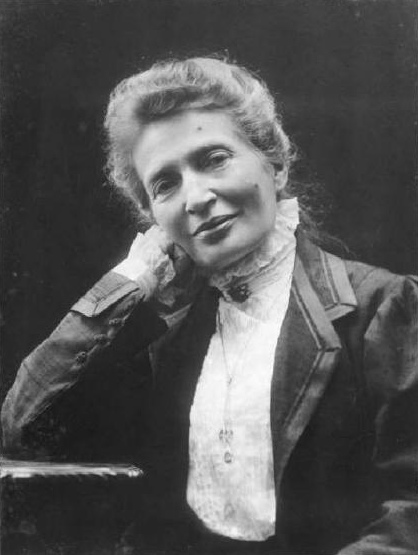
Anna Kuliscioff, protagonist of Italian socialism and feminism, born in 1854 in Moskaja into a wealthy family of Jewish merchants, was encouraged to cultivate her studies with private teachers and became interested in politics at a very early age. In 1871 she moved to Zurich as women were forbidden to enter the University in Russia. In 1873 Russian students were ordered to leave the University of Zurich otherwise they wouldn’t have been admitted to the final examination in Russia. This was a provocation to women as they were accused of going abroad not for study reasons but for sexual leisure. In 1888, in Italy, Anna continued her studies specializing in gynecology, first in Turin, then in Padua. She first found out about the bacterial origin of puerperal fever saving millions of women from death after childbirth. She then began to practice medicine in Milan, travelling to the city’s poorest neighborhoods. She was called the “doctor of the poor.” She was never recognized as a doctor and this was mainly caused by her social and political position. In Milan she came in contact with exponents of feminism who in 1882 had formed the League for Women’s Interests. From here on, Anna’s commitment to the women’s question became increasingly clear and pressing, culminating in her speech at the Milan Philological Circle in April 1890: The Monopoly of Man. The innovative aspect of Anna Kuliscioff’s intervention, however, lies in the way she conceived gender equality:”It is not a condemnation at any cost of the other sex that women demand; on the contrary, they aspire to obtain the conscious and active cooperation of the best men, of those who, having emancipated themselves, at least in part, from sentiments based on customs, prejudices and above all on male selfishness, are willing to recognize that women have rights for occupying a worthy place in society.”
